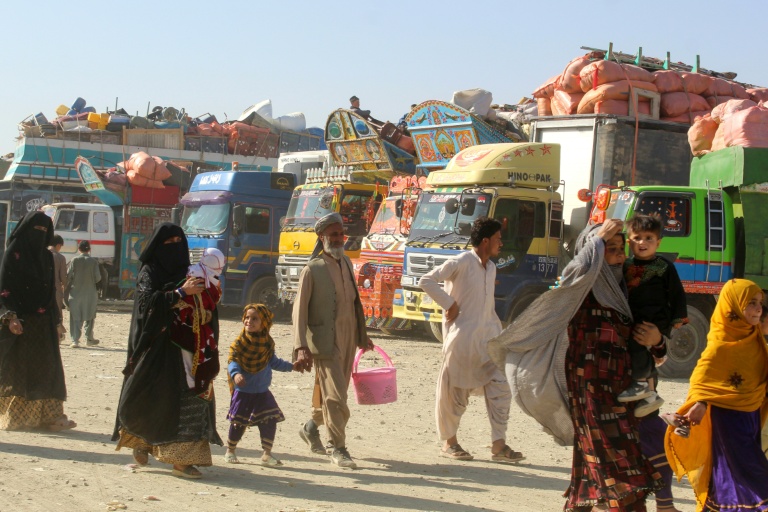ISLAMABAD – High-level talks between Pakistan and Afghanistan’s Taliban-led government are “likely” to resume in the near future, a senior Pakistani security official has told media, hinting at a potential de-escalation after months of heightened tensions and cross-border fire.
The anonymous source, speaking on condition of anonymity due to the sensitivity of the matter, indicated that backchannel communications have been underway to pave the way for a formal dialogue. This development comes after a period of severe strain in bilateral relations, primarily driven by Pakistan’s accusations that the Afghan Taliban are providing safe haven to the militant group Tehrik-i-Taliban Pakistan (TTP), also known as the Pakistani Taliban.
“The channels are open. A formal dialogue is likely, as both sides have expressed a willingness to address the core issues,” the official stated. “The primary objective remains a sustainable and verifiable reduction in terrorist threats emanating from Afghan soil.”
A Relationship Under Strain
Since the Taliban’s return to power in Kabul in 2021, Pakistan had hoped for a more stable and cooperative border. However, the opposite has occurred. Pakistan has witnessed a significant surge in militant attacks, which it attributes directly to the TTP operating from sanctuaries inside Afghanistan.
This year, relations hit a low point, with Pakistani leadership issuing stern warnings and the military conducting targeted cross-border airstrikes against TTP positions inside Afghanistan. The Taliban government condemned these strikes as a “violation of sovereignty,” leading to a bitter war of words and the fortification of border posts by both sides.
The impasse has been costly for both nations. Trade through key border crossings like Torkham and Chaman has been repeatedly suspended, crippling an economic lifeline for both countries and causing hardship for thousands of cross-border traders and families.
Drivers Behind the Diplomatic Thaw
Analysts suggest several factors are pushing the two neighbors back to the negotiating table.
- Pakistan’s Domestic Pressure: The new government in Islamabad, led by Prime Minister Shehbaz Sharif, is under immense pressure to curb the deteriorating security situation, particularly in the northwestern Khyber Pakhtunkhwa province. A purely military solution has proven insufficient, making a political and diplomatic track with Kabul a necessity.
- Afghanistan’s Economic Crisis: The Taliban administration, struggling with international isolation and a dire humanitarian crisis, cannot afford a prolonged closure of its main trade routes. Resuming normal trade with Pakistan is critical for the flow of goods and to bolster the Afghan economy.
- Regional Dynamics: Key regional players, including China, which has significant economic and strategic investments in both countries, have been urging de-escalation. A stable Pakistan-Afghanistan border is crucial for Beijing’s Belt and Road Initiative, particularly the China-Pakistan Economic Corridor (CPEC).
The Road Ahead: Challenges and Expectations
While the prospect of talks is a positive signal, the path to a lasting resolution remains fraught with challenges. The core demand from Pakistan—that the Taliban leadership actively dismantle and expel TTP fighters—directly conflicts with the historical and ideological ties between the Afghan Taliban and the TTP.
“The Taliban see the TTP as fellow mujahideen. Asking them to take up arms against them is a tall order,” said security analyst Zahid Hussain. “Any successful dialogue will require a face-saving formula, possibly involving the TTP agreeing to a long-term ceasefire or renouncing attacks inside Pakistan.”
For its part, the Taliban government is expected to press Pakistan on the issue of Afghan refugees and the extradition of individuals it considers opposed to its regime.
The resumption of talks, if it occurs, would be a first step. It would signal that both Islamabad and Kabul recognize the untenable nature of the current stalemate. However, turning a dialogue into a durable solution will require difficult concessions and a level of trust that has so far been elusive between the two neighbors. The world will be watching closely to see if this “likely” dialogue can succeed where previous efforts have faltered.

